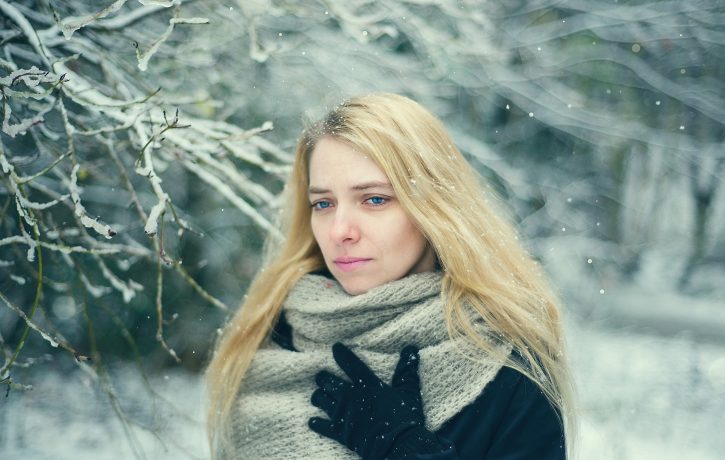in Mindfulness, Other Therapies
Getting a Healthy Winter Mindset

If you are finding yourself dreading (or at least not looking forward to) the shorter days and colder days as winter approaches, spare a thought for the people of Tromsø – a city in Norway. Not only is Tromsø two hundred miles north of the Arctic circle, but it does not see the sun from mid-November to mid-January.
Whilst such conditions can cause low mood and SAD (Seasonal Affective Disorder), it seems that Tromsø’s inhabitants’ wellbeing barely changes throughout the year. Recent research suggests that this is due to people adopting a mindest that bestows a high level of resilience. It seems that, rather than view the winter as something threatening, people are more likely to see it as an opportunity to learn and adapt. Such a mindset leads to more positive moods as well as physiological responses such as lower blood pressure. Apparently, Tromsø residents show a high propensity to agree with statements such as:
- “There are things I enjoy about the winter months”
- “I love the cosiness of the winter months”
- “Winter brings many wonderful seasonal changes”
Like Denmark which has ‘hygge’, Norway has a similar concept ‘koselig’. In fact, even closer to home, there is the Scottish word ‘courie’, which means to snuggle close somewhere warm and safe.
In her book ‘Wintering’, Katherine May uses the metaphor of winter for those times in our lives when we need to slow down and recuperate from things that have taken a toll on us:
“Once we stop wishing it were summer, winter can be a glorious season when the world takes on a sparse beauty, and even the pavements sparkle. It’s a time for reflection and recuperation, for slow replenishment, for putting your house in order”.
Modern-day druids recognise eight times of significance throughout the year – roughly every six weeks. For example, Samhuinn is from October 31st to November 2nd and then the Winter Solstice is in December just before Christmas. In the modern world many of us have lost the connection to nature that our ancestors took for granted as well as an understanding of the changing seasons that would have kept them alive. Being more mindful of the natural cycle of the year may help us to view seasonal changes more positively.
As Katherine May says:
“Plants and animals don’t fight the winter; they don’t pretend it’s not happening and attempt to carry on living the same lives that they lived in the summer. They prepare. They adapt.”
To arrange a free 30-minute consultation to discuss how BWRT®, hypnotherapy or counselling can help you to change your life for the better, contact Jonathan at The Body Matters on 01702 714968.
- COVID-19 and the Fear of Needles - 22nd March 2021
- The Damaging Effects of the Pandemic - 1st March 2021
- What is Yangsheng? - 27th January 2021
